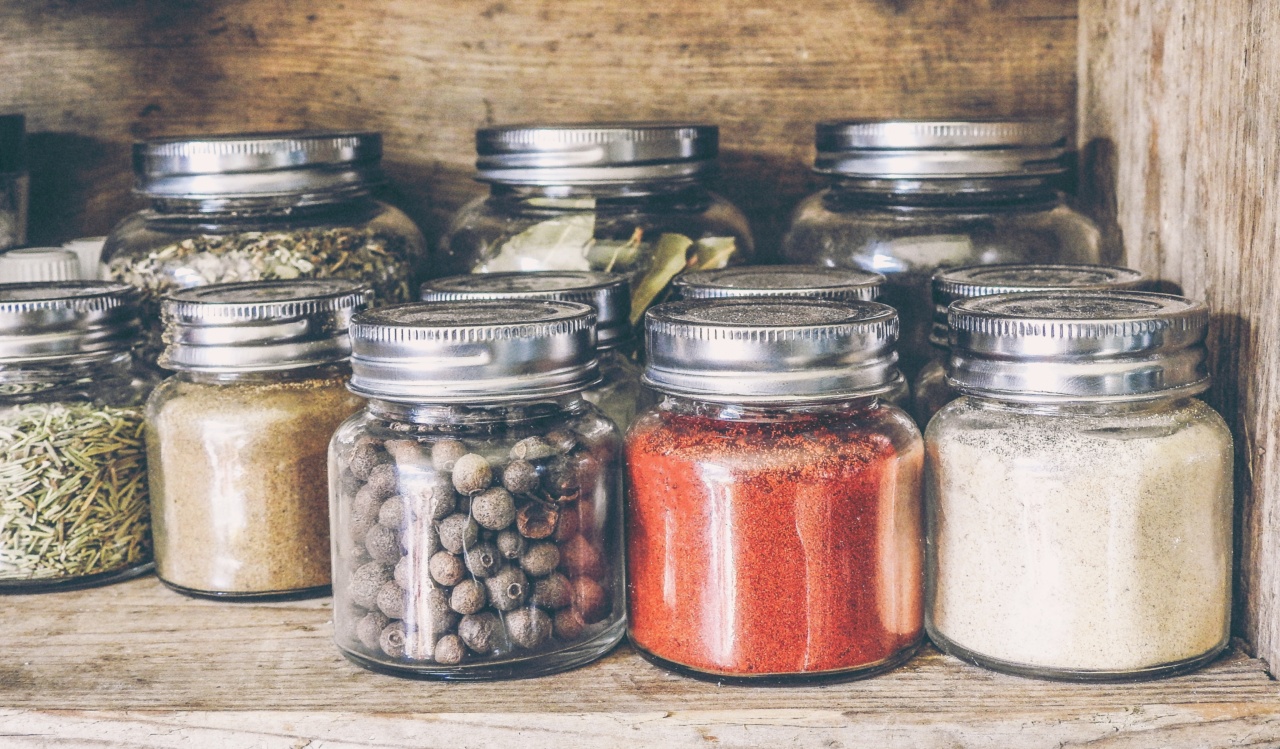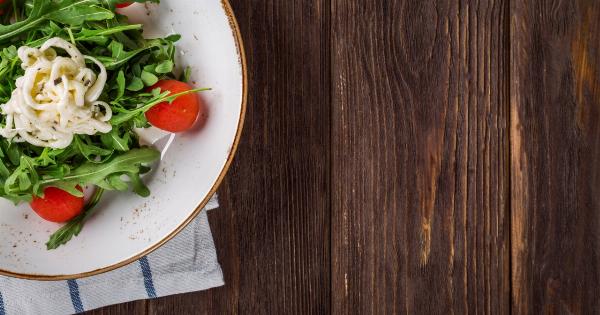When it comes to the items we use in our everyday cooking, salt is undoubtedly one of the most essential ingredients. It adds flavor, enhances taste, and brings out the best in almost any dish.
However, the truth about salt and sodium is much more complex than meets the eye. While it may be a pantry staple, excessive consumption of salt and sodium can have serious health implications.
In this article, we will delve into the risks associated with high salt intake and shed light on some alarming facts that may be lurking in your pantry.
The Role of Salt and Sodium
To understand the risks, it is important to comprehend the role of salt and sodium in our bodies. Sodium is an essential electrolyte that helps maintain the balance of fluids in our cells and supports nerve and muscle function.
It also plays a crucial role in regulating blood pressure levels. Salt, which consists of sodium chloride, is the primary source of sodium in our diets.
The Dangers of Excessive Sodium Consumption
While sodium is essential in moderate amounts, consuming too much can lead to various health problems. High sodium intake has been linked to increased blood pressure, a major risk factor for heart disease and stroke.
It can also put a strain on the kidneys, potentially leading to kidney disease or worsening existing conditions. Furthermore, excessive sodium can cause water retention, leading to bloating and discomfort.
Hidden Salt in Processed Foods
One of the biggest dangers lurks in the pantry itself – processed foods. These products often contain hidden amounts of salt that are not immediately noticeable.
From canned soups to breakfast cereals, ready-made sauces, and even healthy-sounding snacks, processed foods can be loaded with sodium. In fact, studies have shown that a significant portion of the sodium in a typical diet comes from processed foods.
Reading and Understanding Food Labels
If you want to take control of your sodium intake, one of the best habits you can develop is reading and understanding food labels. Labels provide crucial information about the sodium content per serving size, allowing you to make informed choices.
Remember, however, that sodium can often hide under alternative aliases, such as monosodium glutamate (MSG), sodium nitrite, or sodium bicarbonate. Familiarize yourself with these terms to avoid falling into the sodium trap.
The Salt-Shaker Controversy
Many individuals believe that reducing salt intake can solve the problem. However, the reality is not so simple.
While it is true that seasoning your food with less salt can be helpful, around 75% of the salt we consume actually comes from processed and restaurant foods. So, while you may go easy on the salt-shaker, it’s crucial to be mindful of hidden sodium in those pre-packaged meals or dining out at your favorite restaurant. Awareness and moderation are key.
Alternatives to Sodium
Reducing sodium intake doesn’t have to mean sacrificing flavor. There are numerous alternatives to enhance taste in your dishes without relying solely on salt.
Experimenting with herbs and spices is an excellent way to add depth and complexity to your meals. For example, try using garlic, rosemary, cumin, or lemon juice instead of salt. Additionally, incorporating fresh ingredients and homemade sauces or dressings can further elevate flavors while reducing sodium intake.
The Importance of a Balanced Diet
While it is crucial to be aware of your salt and sodium intake, it’s equally important to maintain a well-balanced diet.
Incorporating a variety of nutrient-rich foods, such as fruits, vegetables, whole grains, lean proteins, and healthy fats, can help support overall health and reduce the risk of chronic diseases. A balanced diet, combined with mindful sodium consumption, forms the foundation of a wholesome approach to nutrition.
The Bottom Line
The truth about salt, sodium, and the risks lurking in your pantry is clear – excessive intake can have detrimental effects on your health.
Understanding the dangers of hidden sodium in processed foods, reading and deciphering food labels, and incorporating alternatives to sodium are all crucial steps towards a healthier lifestyle. Remember, moderation is key, and taking control of your sodium intake can help pave the way to better overall well-being.






























